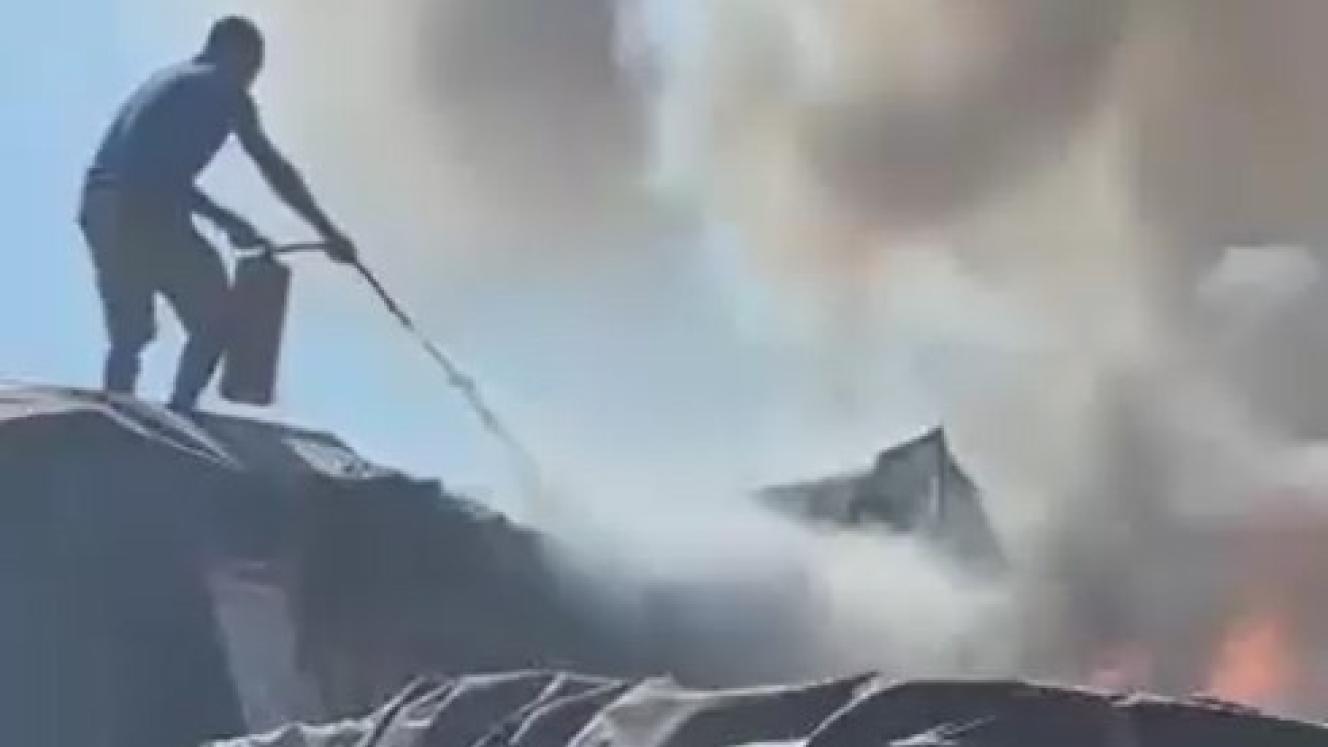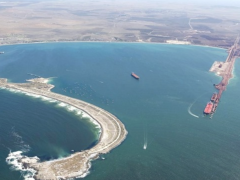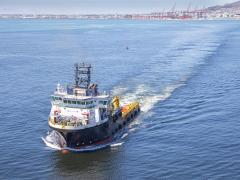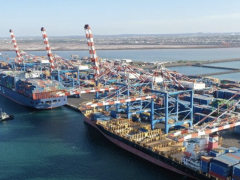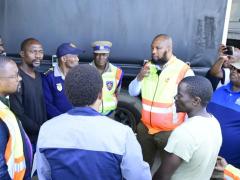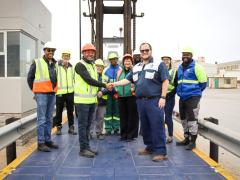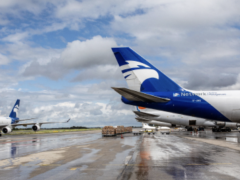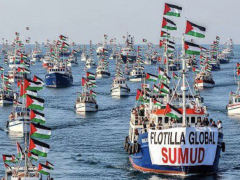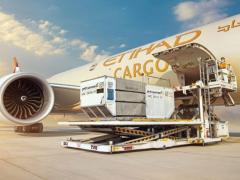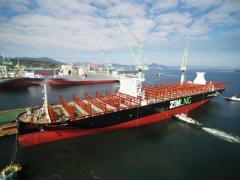Swaziland has not recovered from the global recession at the pace enjoyed by other southern African countries. For 2012 Swazi GDP growth of 1.2% is a third of what is needed to simply keep the economy abreast of population growth. Companies continue to close, with a concomitant lessening of business for shippers and ensuring that unemployment remains above 40% for the local workforce. The attractiveness for overseas investors of neighbouring countries – larger and betterdeveloped SA and a resurgent Mozambique to the east – combined with the landlocked country’s domestic political problems have contributed to a declining economy for 2012. 2013 looks more promising, particularly with significant investment promised by Taiwan for Swaziland’s manufacturing sector. Such growth will come with a need for better road, rail and air infrastructure. For the current year, however, all infrastructure projects have been stagnant. The long-promised conversion of the main national highway from the Oshoek border with SA to Manzini via Mbabane and the Matsapha Industrial Estate has not been accomplished – to the relief of road freight haulers who have been spared the additional expense. Not unhappy also are Swazi consumers, who would have to pay more for goods trucked in from SA, as are 80% of goods sold in the country, due to passed-on toll fees. The Sikhupe International Airport remains incomplete as the cash-strapped central government struggles to pay contractors, who have suspended work until they are paid. Rail infrastructure improvement is imminent, however, and construction of the Western line into SA is scheduled to commence next year. When completed in three or four years, the line will be a significant game changer for the country’s transport sector. Supporters of the line say a shorter, faster rail link with Gauteng will protect Swaziland from shocks in the road freight industry, such as fuel cost inflation and truckers’ strikes. Although rail workers also go on strike, the point was driven home in September 2012 when Swazi store shelves became depleted and gas pumps ran dry due to SA’s truck driver’s strike. The country will continue to depend on its freight links to SA. Domestic production of goods is not economically feasible when a small national population, of whom 70% live in chronic poverty, offers such a minute consumer base. INSERT ‘A shorter, faster rail link with Gauteng will protect Swaziland from shocks in the road freight industry.’
